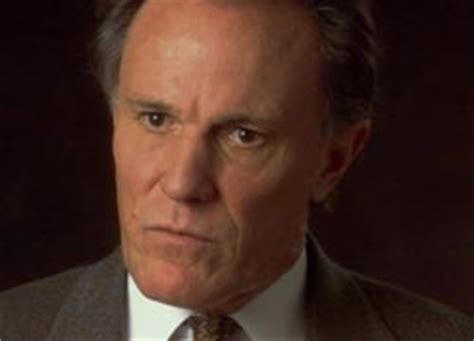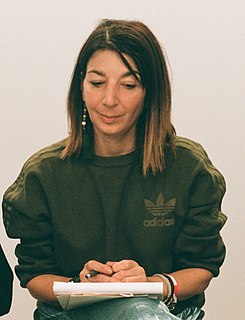Цитата Нила Деграсса Тайсона
Вы спрашиваете людей, молитесь ли вы [человеку или] Богу. Если вы скажете на это «да», вы религиозны, по-видимому, по чьим-либо стандартам поведения. И это да на этот вопрос, который относится к 40% ученых. Итак, есть много атеистов, которые являются учеными или не учеными. Может быть конфликт, но многие люди в этой стране сосуществуют в обоих мирах.
Связанные цитаты
Ученые — это люди с очень разным темпераментом, которые делают разные вещи совершенно по-разному. Среди ученых есть собиратели, классификаторы и навязчивые уборщики; многие детективы по темпераменту и многие исследователи; некоторые художники, а другие ремесленники. Есть поэты-ученые и философы-ученые и даже несколько мистиков.
Философы часто думают, что все ученые должны быть научными реалистами. Если вы зададите такой простой вопрос, как «Реальны ли электроны?» ответ будет "Да". Но если ваши вопросы менее поверхностны, например, был ли какой-нибудь известный ученый хорошим ученым. Затем они настаивали на том, что имеют значение только эмпирические критерии, и что на самом деле они не верили в реальность субатомных сущностей. Спросите: «Если бы это оказалось правдой, вы бы по-прежнему называли их хорошими учеными?» Ответ показал бы кое-что о том, как они сами поняли, что значит быть ученым.
Это действительно забавно, но мы изучили профессию женских персонажей на телевидении, и на телевидении так много женщин-криминалистов из-за всех сериалов "C.S.I.", "Кости" и тому подобного. Мне не нужно никого уговаривать добавить больше женщин-криминалистов в качестве образцов для подражания. Их много. В реальной жизни люди, которые сейчас работают в этой области, примерно на две трети составляют женщины.
Правительство нанимает ученых самых разных технических специальностей, от оценки экологической токсичности химического вещества до структурной прочности моста. Но когда дело доходит до формирования политики, эти ученые и особенно специалисты по поведению редко сидят за одним столом с юристами и экономистами.
Люди часто думают, что художники и ученые диаметрально противоположны, но мы оба верим, что что-то возможно. У нас есть гипотеза, и мы делаем все, чтобы она стала возможной, но мы не знаем, возможно ли это! Все ученые, с которыми я работал, легко и естественно подходят мне. Решения, которые они находят, действительно креативны. Все ученые в некотором роде художники.
Глобальное потепление — это ложный миф, и так говорит каждый серьезный человек и ученый. Несправедливо ссылаться на панель ООН. МГЭИК не научное учреждение: это политический орган, этакая неправительственная организация зеленого колорита. Это не форум нейтральных ученых и не сбалансированная группа ученых. Эти люди — политизированные ученые, которые приезжают туда с однобоким мнением и односторонним заданием.
Позвольте мне сказать, что я не вижу никакого конфликта между наукой и религией. Я хожу в церковь, как и многие другие ученые. Я разделяю с большинством религиозных людей чувство тайны и удивления вселенной, и я хочу участвовать в религиозных ритуалах и практиках, потому что они доступны всем людям.
Два моих старших брата — молекулярные биологи и нейробиологи, и я чувствую, что их точное изображение никогда не делается в фильмах, и я действительно хотел, по крайней мере, уловить дух доктора философии. студент, чья цель и стремление состоит в том, чтобы увеличить общую сумму человеческих знаний. Это благородно. Это было очень, очень важно — запечатлеть трехмерность ученых. Ученые влюбляются, ученые обладают прекрасным чувством юмора, ученые страстны.




































